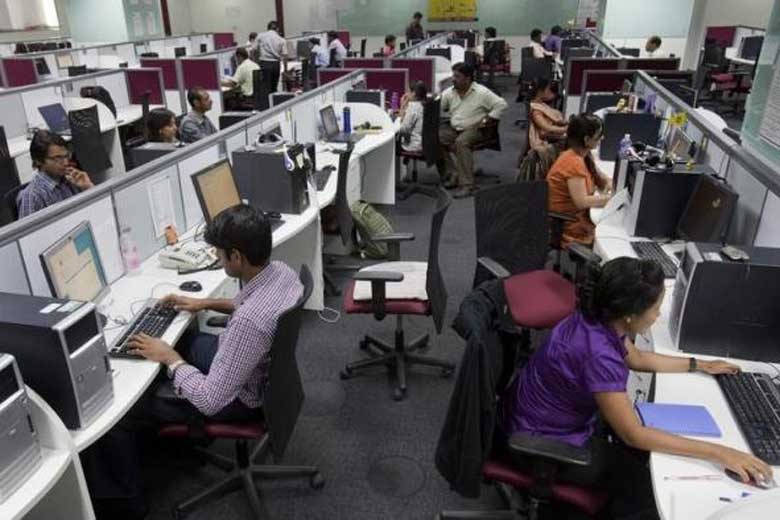RCEP concessions: Government undertaking ‘sensitivity analysis’ of import duties

Financial Express | 27 September 2016
RCEP concessions: Government undertaking ‘sensitivity analysis’ of import duties
By: Banikinkar Pattanayak
The ministries of commerce and finance are undertaking a “sensitivity analysis” of import duties on products that are crucial to revenue collection of the government, a senior government official told FE.
The analysis is expected to be used for renewing offers for the 16-nation Regional Comprehensive Economic Partnership (RCEP) — talks for which will next take place in China in October — as well as other trade negotiations.
Following the analysis, India could consider making greater tariff concessions on imports of products in which potential revenue losses are relatively low or limited, and the country would be more conservative in its offers on items that fetch high revenue to the exchequer, said the official.
The analysis is crucial as India has now shown its willingness to make more concessions in goods at RCEP if potential partners, including China, Japan and South Korea, are ready to make commensurately better offers in services and investments.
This is the second key analysis of potential revenue losses this year by the departments of commerce and revenue to help government officials negotiate better with other countries on trade, keeping in mind India’s “tolerance level” for such losses and domestic realities.
The exercise will be helpful for any other trade negotiations in future, as well. Such an estimate will also help negotiators gauge how good the other party’s counter-offer is against an Indian offer.
The country’s average import tariff rate is 13.5%, and in the case of non-agricultural items, it’s even lower — 10.2%.
According to the earlier estimate this year, India could lose tax revenue of R75,733 crore a year if it scraps tariffs on merchandise imports entirely now to either counter or emulate the US-led Trans-Pacific Partnership (TPP) model of zero duty over a period of time.
At the latest round of negotiations in Vietnam last month, India is learnt to have shown its readiness to consider scrapping as much as 80% of tariff lines in merchandise trade for all RCEP partners, barring China.
It seems comfortable with removing 65% of tariff lines for China initially (still, a marked improvement from the initial offer of 42.5%), though these tariffs could be abolished only over a period of time to protect interests of domestic industry.
Initially, India had offered to abolish 80% of tariff lines for 10 Asean members, 65% of tariff lines for Japan and South Korea and 42.5% for China, Australia and New Zealand.
However, India has made it clear that it wants agreements on all the three pillars of negotiations — goods, services and investment — be implemented only as a package, not one at a time. So, even if a consensus is reached early on goods (which is what most nations want), India feels it shouldn’t be enforced in isolation.





